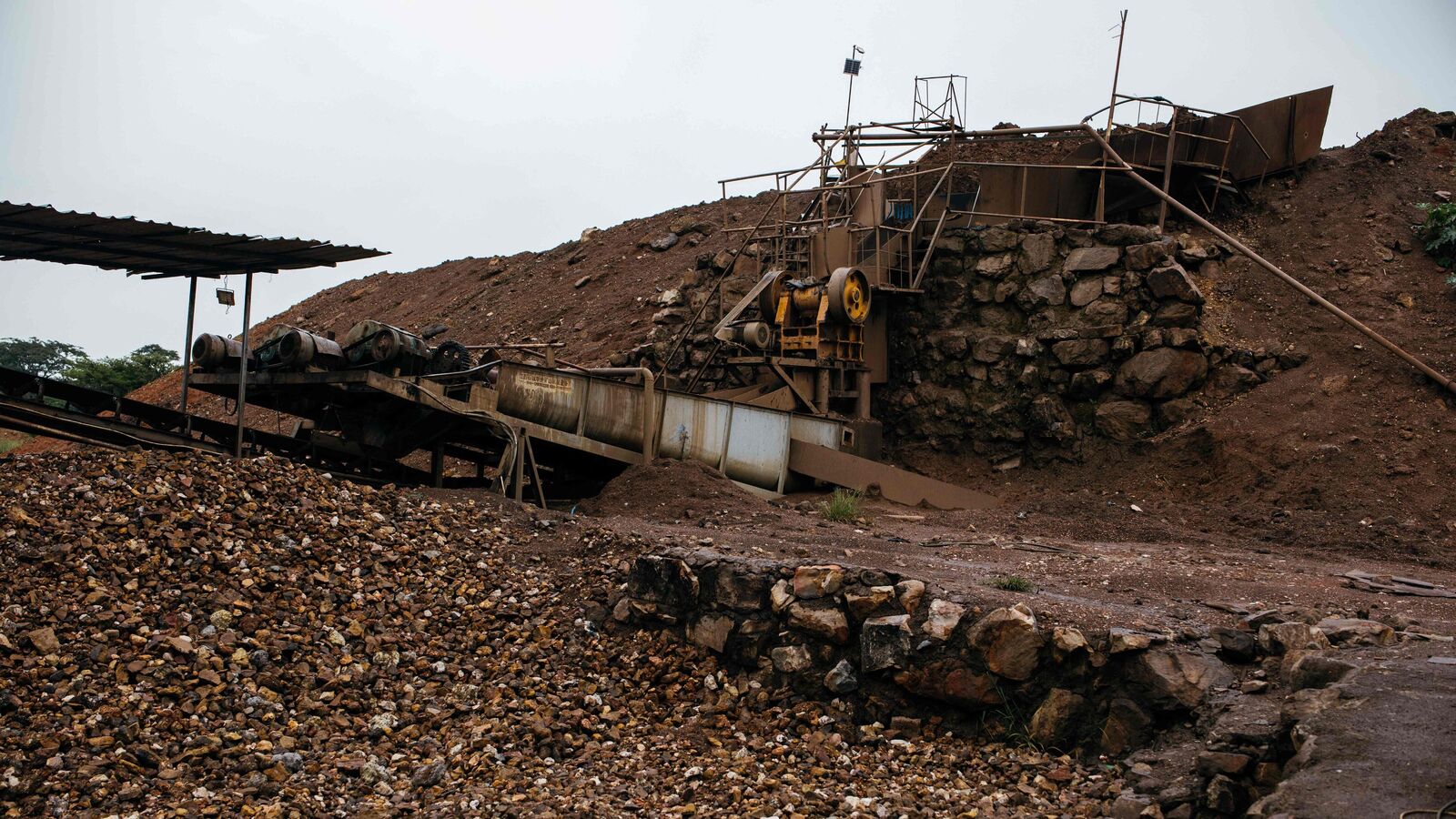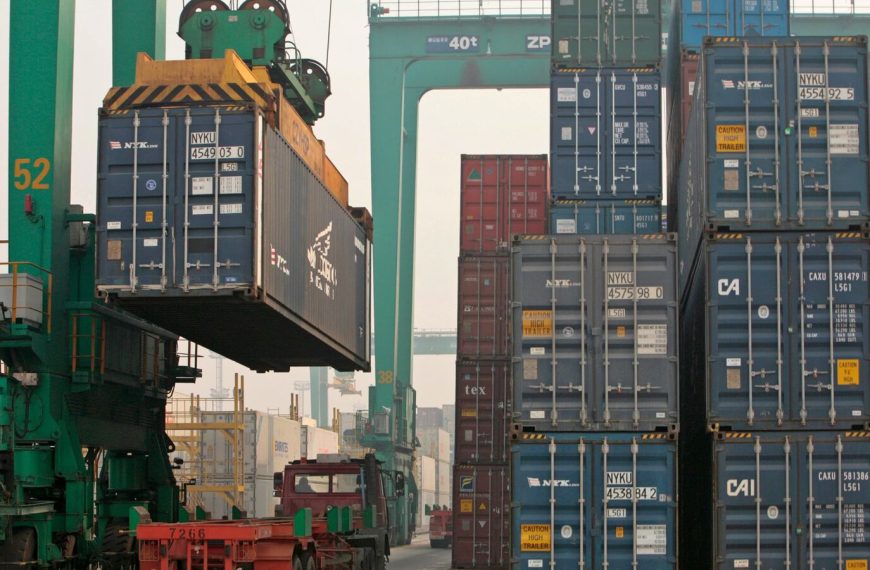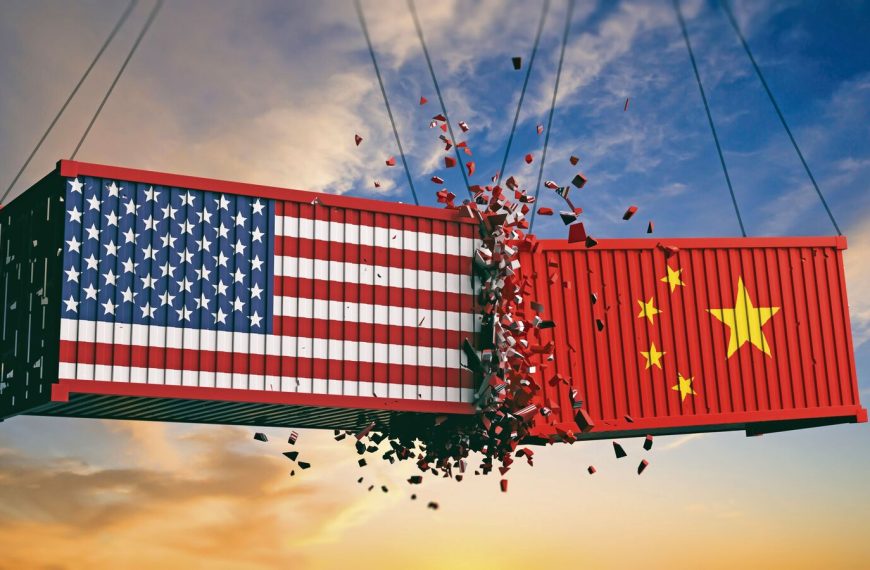The ongoing trade conflict between China and the United States has reached a new level, with Beijing announcing a suspension on exports of rare earth minerals and magnets. This strategic move is poised to disrupt the supply chains of American manufacturers across various sectors, including aerospace, semiconductors, electronics, consumer goods, military technologies, and the automotive industry. As tensions escalate, U.S. companies are now facing stricter permit requirements and potential delays in securing vital materials.
China’s Strategic Export Controls
In response to the reciprocal tariffs imposed by U.S. President Donald Trump, China’s export restrictions are a calculated effort to exert influence over critical supply chains. The country has tightened its quota system, which governs the production and distribution of rare earth elements. This shift is likely to prompt Western nations to accelerate efforts in developing independent supply chains, reducing reliance on Chinese exports.
- 90% of global production: China accounts for approximately 90% of the world’s rare earth minerals, essential for various advanced technologies.
- Limited U.S. resources: The United States operates just one rare earth mine, heavily depending on imports from China.
Implications for American Industry
Major U.S. corporations such as Honeywell, Lockheed Martin, Tesla, and Apple utilize these rare earth minerals in their production processes. The recent export limitations are expected to have far-reaching effects not only within the United States but also across Europe and Japan, where these minerals play a crucial role in numerous industries.
Key Rare Earth Minerals Affected
The export restrictions encompass several critical categories of rare earth minerals, which include:
- Samarium
- Gadolinium
- Terbium
- Dysprosium
- Lutetium
- Scandium
- Yttrium-related elements
These elements are vital for various applications, from optical lasers and radar devices to magnets used in wind turbines and coatings for jet engines. The challenge for U.S. manufacturers lies in the complexity of sourcing alternatives for these materials, which are integral to the functionality of their products.
The Future of Supply Chains
As the situation develops, the urgency for the U.S. to establish alternative sources for rare earth minerals will likely intensify. The current geopolitical climate underscores the importance of diversifying supply chains to mitigate risks associated with over-reliance on a single nation. This strategic pivot may lead to innovative partnerships and advancements in domestic mining capabilities.
In conclusion, the heightened trade tensions between China and the United States signal a pivotal moment for global supply chains. With China’s control over rare earth minerals under scrutiny, American manufacturers are at a crossroads, facing the challenge of adaptation in a rapidly changing economic landscape.











